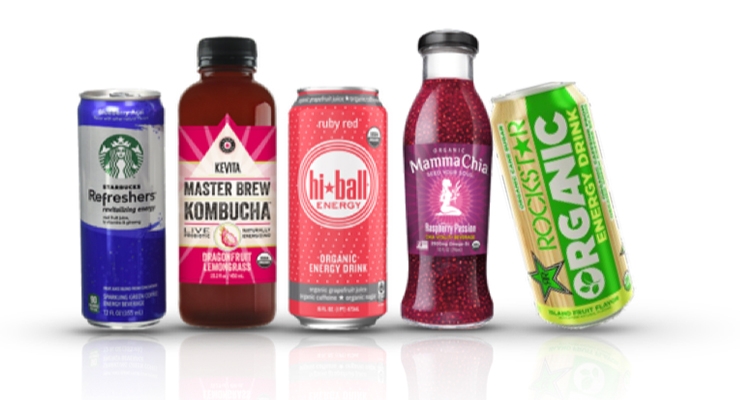In 1987 an energy drink was sold for the very first time in its home market of Austria. The original beverage, at the time called Krating Daeng, was actually a Thai energy drink marketed to truckers, farmers, and construction workers. It wasn’t until Austrian business man, Dietrich Mateschitz, drank this formula to cure his jet lag that Red Bull finally “got its wiiings” and a new category was born.
The original energy drinks had to leverage their success solely on the premise that they worked. Nearly 20 years later, when the energy drink boom exploded in the USA, their success was founded on improved taste and variety. Now, it is 2016, and concepts like “free-from” and “clean label” are challenging the industry to keep up with an evolving core-consumer. Early evidence suggests that the performance of energy drinks under this clean label spotlight comes down to three important facts.
1. Maturing Millennials need Grown-up Energy
Imagine a young professional walking into a boardroom with an energy drink. Most people would visualize a loudly-branded can that looks like it belongs more at a motocross rally than an office. However that image of energy is changing quickly.
The fact is, millennials have always been the dominant consumer for energy drinks. Mintel reports that, between the age of 18-34, 67% of males and 47% of females consume energy drinks and are by far the largest consumer base (Source: GMI/Mintel June 2014, Base: 2,000 internet users aged 18+). So what happens when these young adults age out of the skatepark and into the executive boardroom?
Like many others, recent college graduate, Ross Knutson from the University of Colorado, knows how this might impact his life.
“I appreciate energy drinks, but as I begin to enter the professional world after graduation, I would feel embarrassed to carry a flashy energy drink into a work environment,” explains Knutson. “I am glad to see more options in grocery stores that fit a variety of lifestyles.”
DOWNLOAD TO LEARN MORE>>>>
DOWNLOAD TO LEARN MORE>>>>














